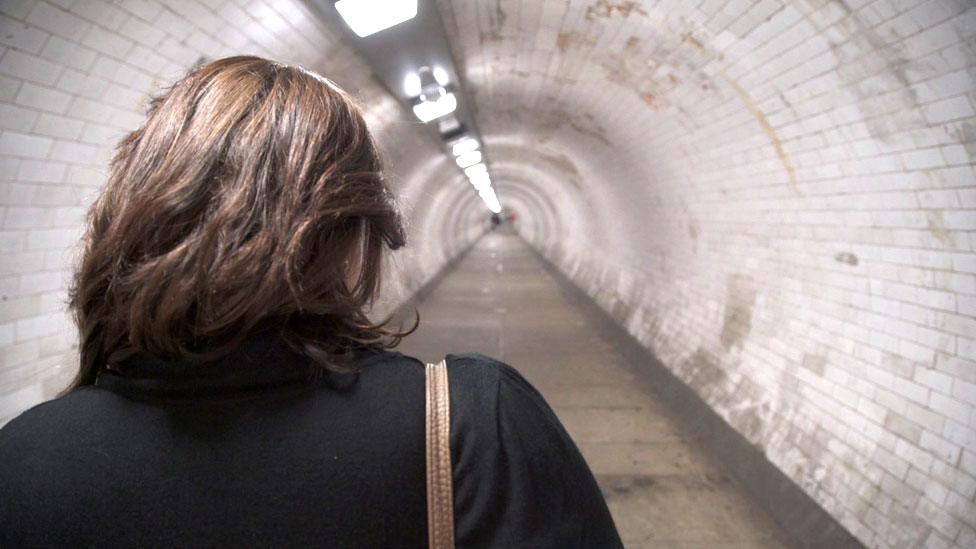Netherlands and Canada ask world court to rule on Syria torture claims
- Published
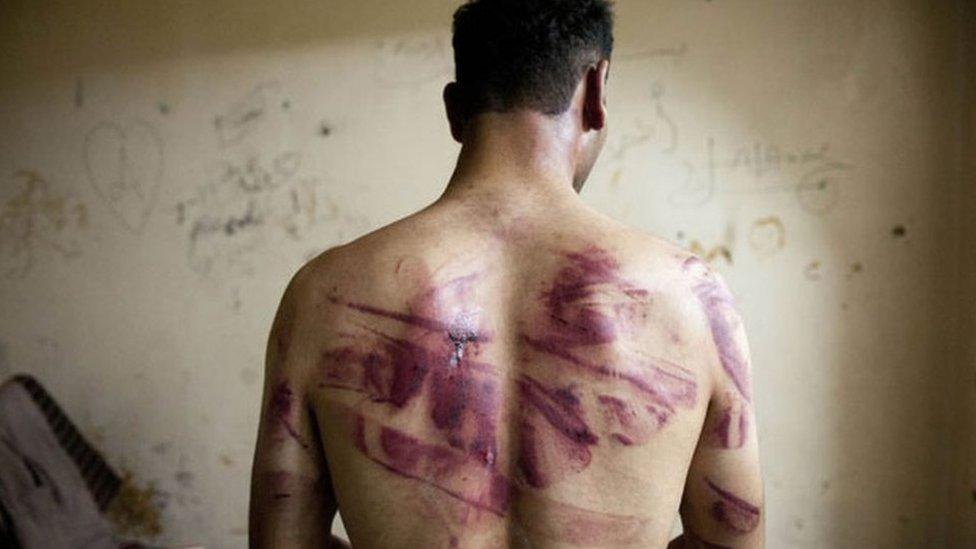
Tens of thousands of Syrian civilians have allegedly been tortured or killed in government custody
The Netherlands and Canada have submitted a case against Syria to the International Court of Justice (ICJ) over allegations of torture.
Their application accuses the Syrian government of committing "countless violations of international law" since the country's civil war began in 2011.
They ask the court to urgently compel Syria to prevent any acts of torture.
If the ICJ finds it has jurisdiction, it would be the first international court to rule on Syrian torture claims.
"Syrian citizens have been tortured, murdered, disappeared, attacked with poison gas or forced to flee for their lives and leave behind everything they had," Dutch Foreign Minister Wopke Hoekstra said in a statement.
"Establishing accountability and combating impunity are important elements of achieving a lasting political solution to the conflict in Syria. Bringing this case before the ICJ is a major next step on the long road to that goal."
There was no immediate response from the Syrian government, but it has previously rejected the legality of the Netherlands and Canada's action and repeatedly denied torturing its opponents and their families.
More than half a million people have been killed in the conflict that erupted after President Bashar al-Assad cracked down violently on peaceful pro-democracy protests.
According to the Syrian Network for Human Rights (SNHR) monitoring group, external, they include at least 14,449 civilians who have died due to torture in government prisons.
Former detainees have alleged that government forces have routinely employed torture methods, external including severe beatings, electric shocks, burning body parts, pulling out nails and teeth, rape and other sexual violence, as well as the systematic deprivation of food, water and medicine.
The Netherlands decided to institute proceedings against Syria before the ICJ in 2020, a year after Mr Assad's ally Russia said it would block the United Nations Security Council from referring the situation in the country to the International Criminal Court. Canada joined the process the following year.
Since then, the two countries have attempted to reach a negotiated settlement with Syria, in line with the dispute resolution mechanism set out in the UN Convention on Torture, to which it is a state party.
The Dutch foreign ministry said in a statement on Monday that the talks had not led to a solution. In addition, Syria had not consented to their proposal for arbitration within six months, it added.
"For this reason, it was decided to bring the case before the ICJ... in an effort to compel Syria to comply with its obligations under the convention."
In their application, external, Canada and the Netherlands have asked the court to declare that Syria must cease any ongoing violations of the Convention against Torture, prosecute and punish anyone responsible for torturing detainees, and provide compensation for their victims.
The ICJ has previously ruled, in a case involving Belgium and Senegal, that state parties to the convention have a "common interest" to ensure that acts of torture are prevented and that those responsible do not enjoy impunity.
- Published2 May 2023

- Published13 January 2022
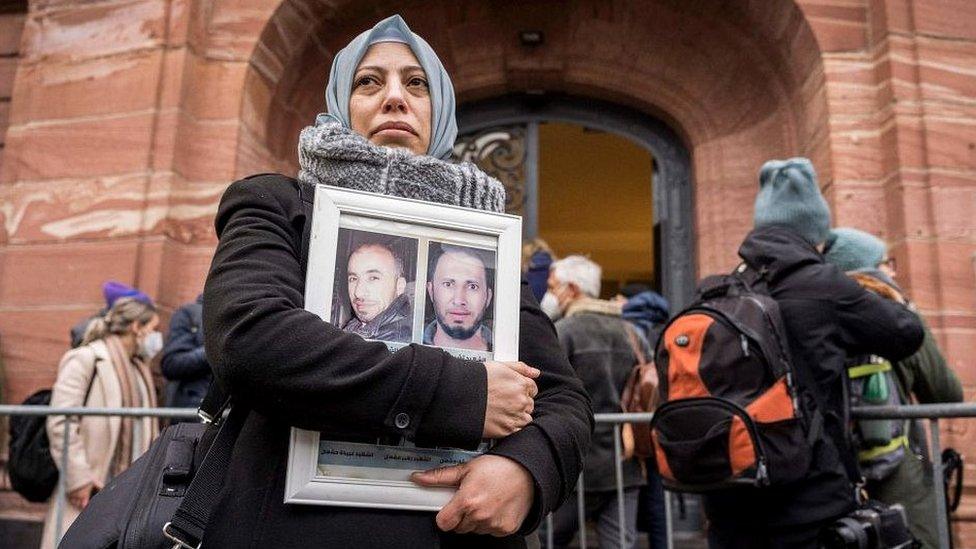
- Published1 March 2021
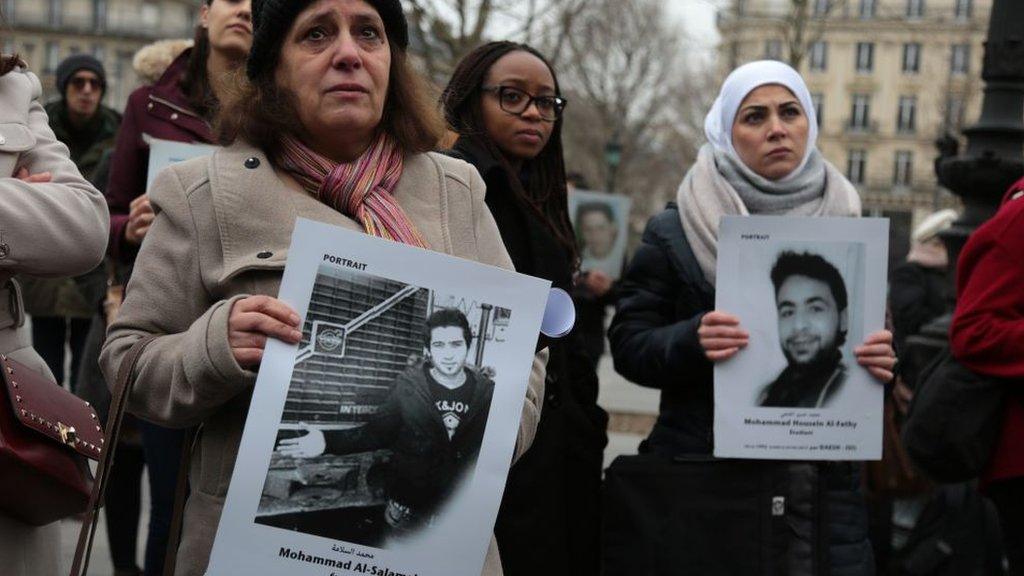
- Published24 February 2021
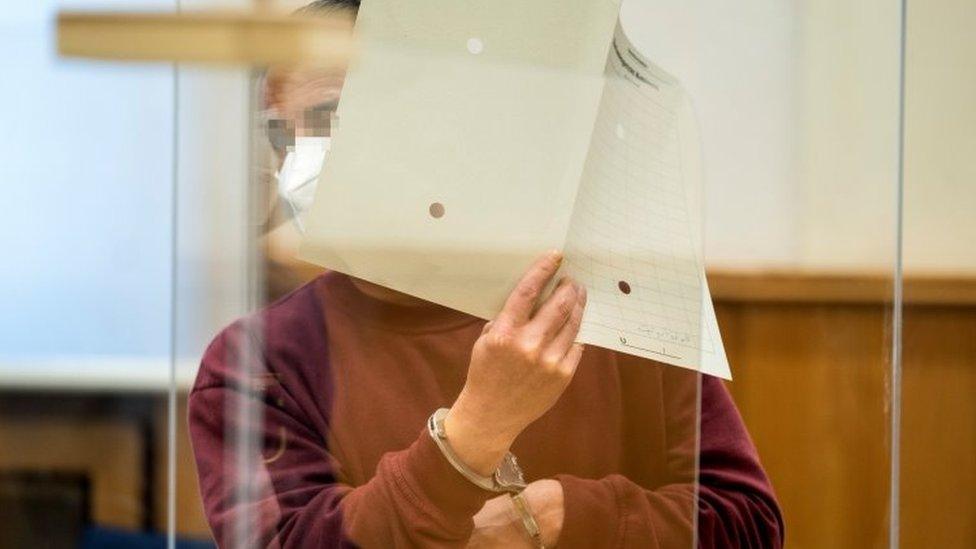
- Published7 February 2017
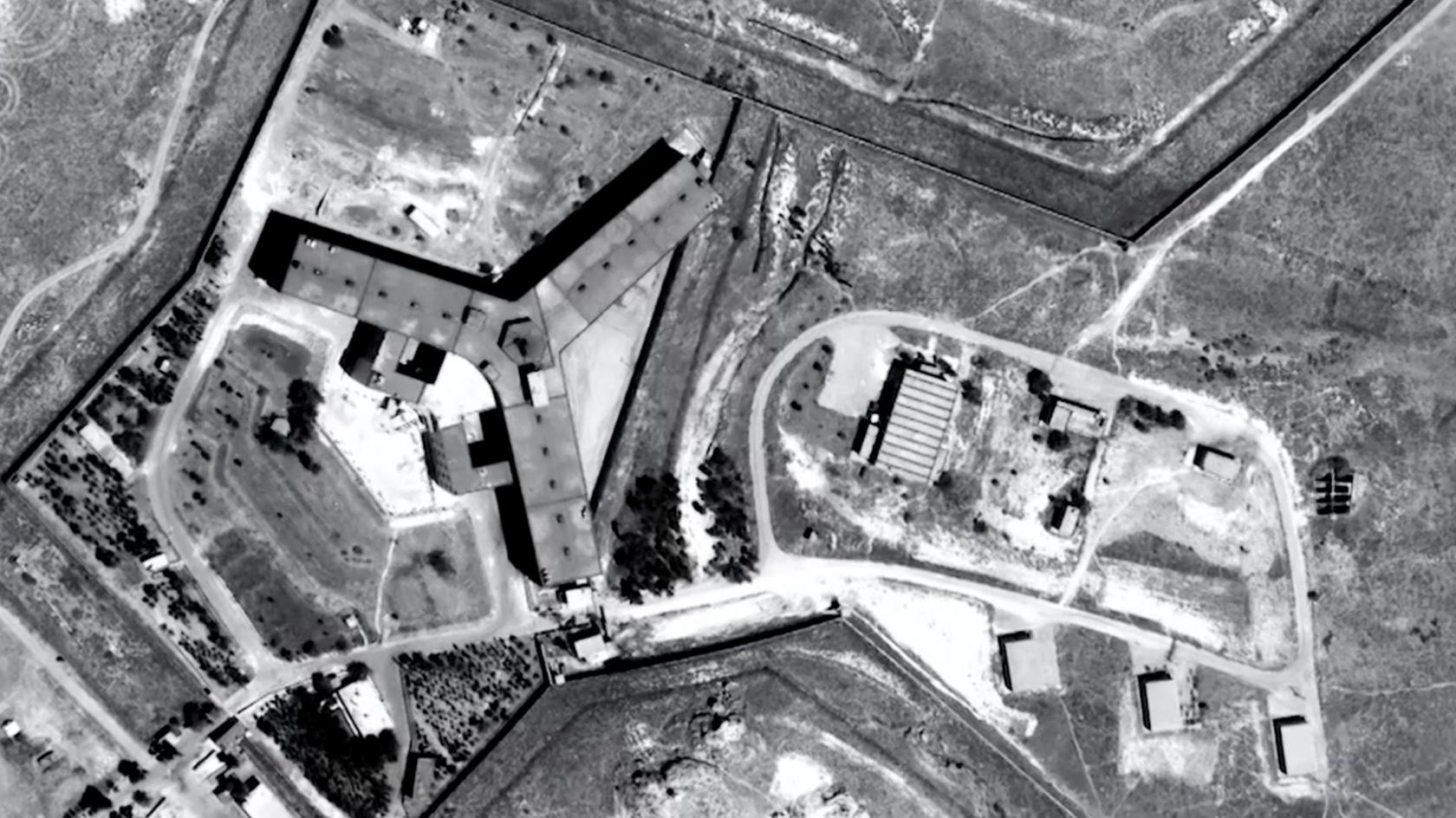
- Published21 December 2015
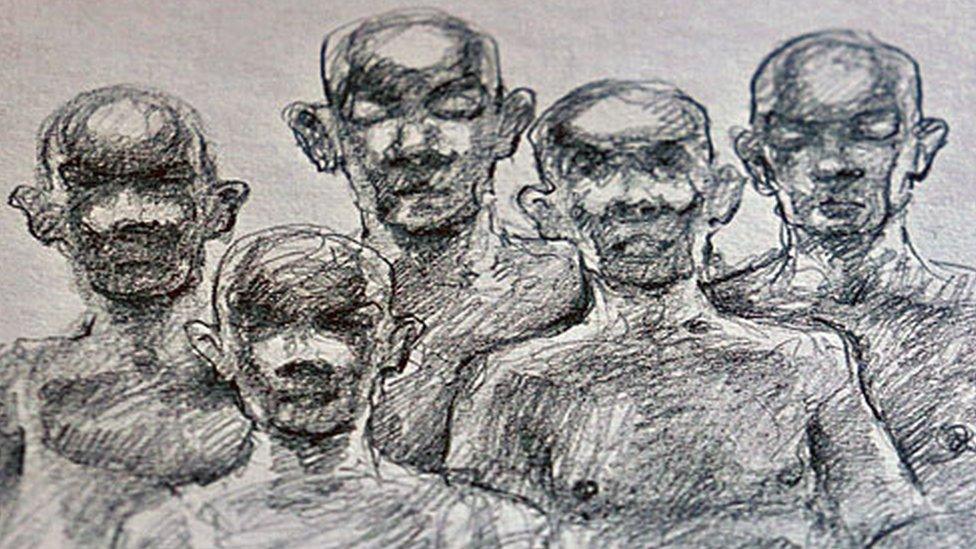
- Published5 December 2015
